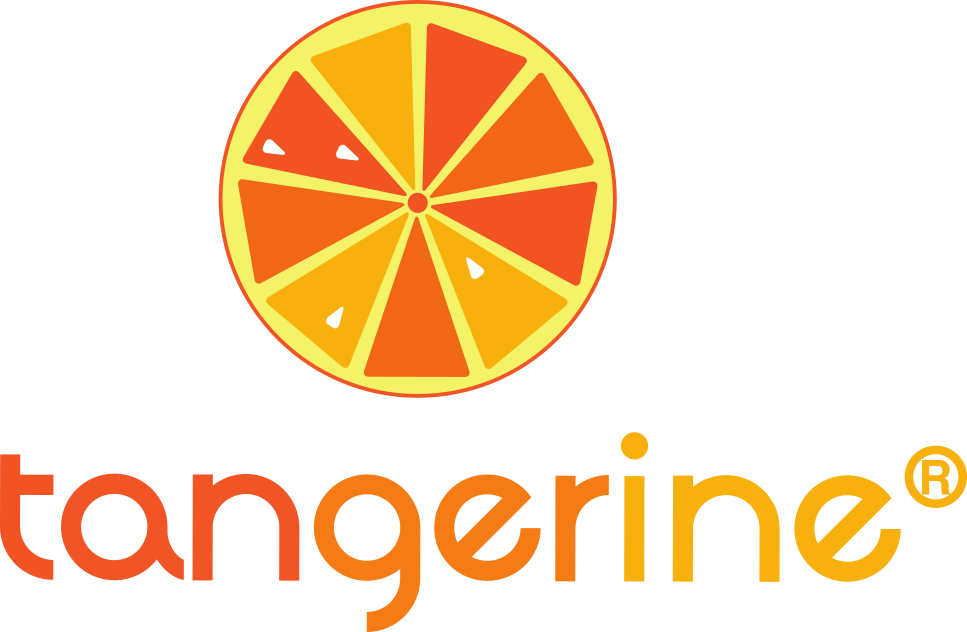Tangerine is an open-source software platform designed to support data collection in low-resource settings, especially in education. It works offline, making it ideal for areas with limited or no internet access. Originally developed to assess early reading and math skills, Tangerine allows educators, researchers, and program staff to collect data using tablets or smartphones, then sync it when connectivity is available.
Tangerine is highly customizable—users can design their own surveys, assessments, and workflows to fit local needs. It supports audio playback, skip logic, and real-time data validation, helping ensure accurate and efficient data collection. Once data is collected, it can be exported for analysis or integrated into dashboards to inform decision-making.
Whether used for classroom assessments, program monitoring, or large-scale evaluations, Tangerine empowers users to gather meaningful data that can improve learning outcomes and system performance.
Surveys and Assessments of Foundational Literacy and Numeracy
Tangerine is the core data collection tool within the Tangerine suite, purpose-built for large-scale surveys and assessments in education. Originally developed to support early grade reading and math assessments, Tangerine is now used to administer a wide range of instruments—including timed and untimed assessments, structured interviews, and custom surveys—adaptable to the needs of any data collection effort. Offline functionality ensures reliable data capture, while secure syncing enables centralized analysis to help stakeholders monitor learning outcomes and inform policy decisions.
Reading
Tangerine includes a range of subtest modules commonly used in foundational literacy assessments, such as letter name recognition, oral reading fluency, and reading comprehension.
Math
Tangerine includes modules commonly used in foundational numeracy assessments, such as number identification, number discrimination, basic operations like addition and subtraction, and word problems.
School Surveys
Tangerine can be used to digitally administer a wide range of school-based surveys and observation instruments. These include interview protocols, and questionnaires for students, parents, teachers, and school leaders, as well as classroom and school environment inventories.






